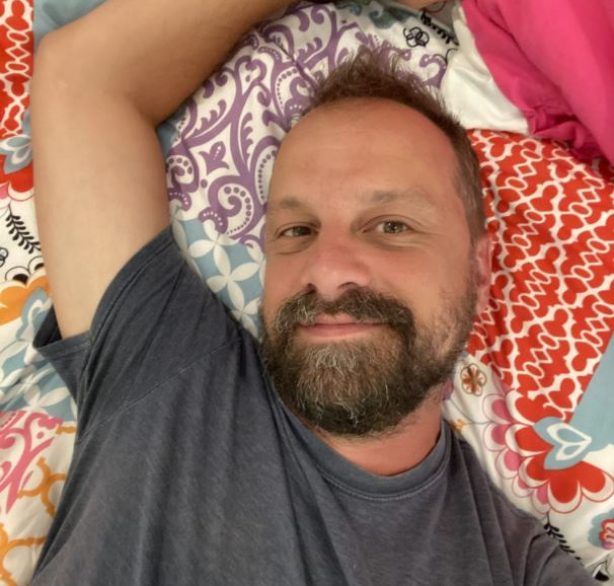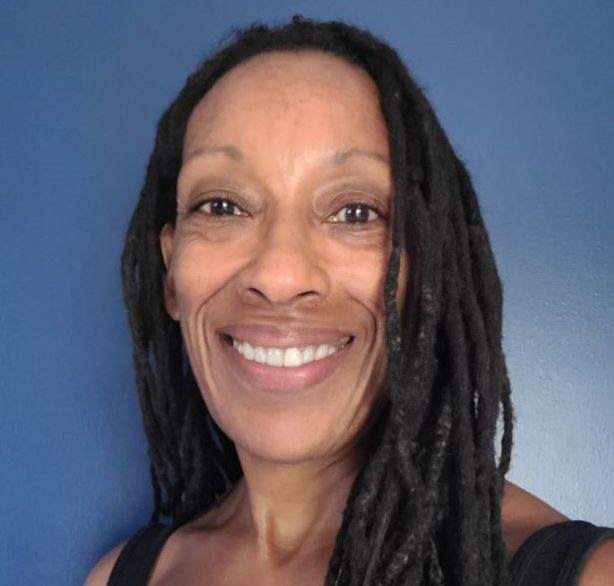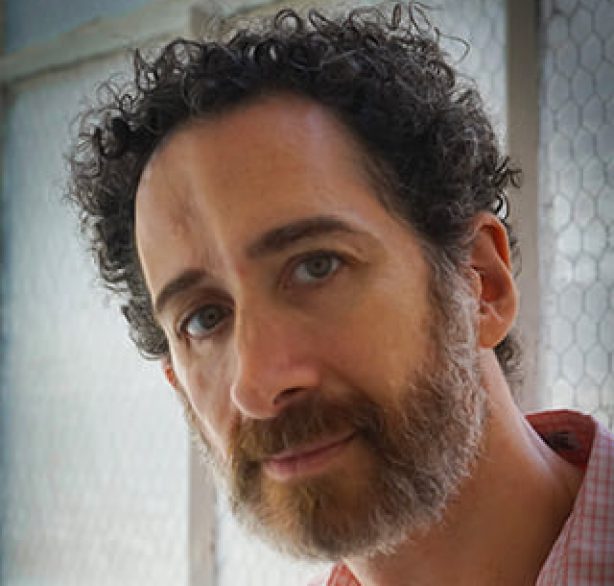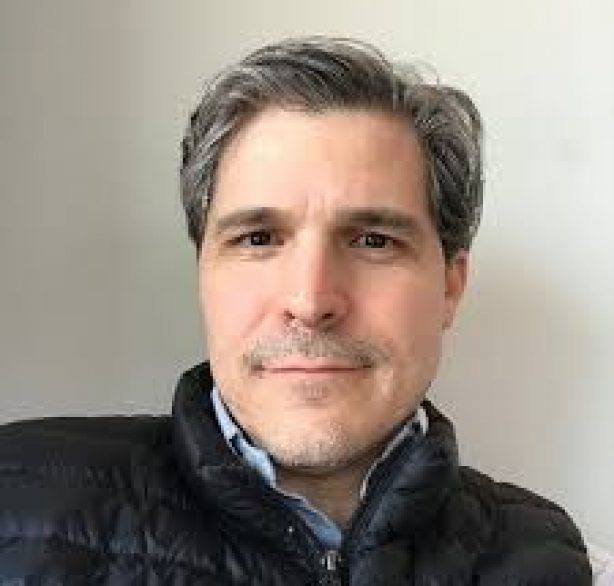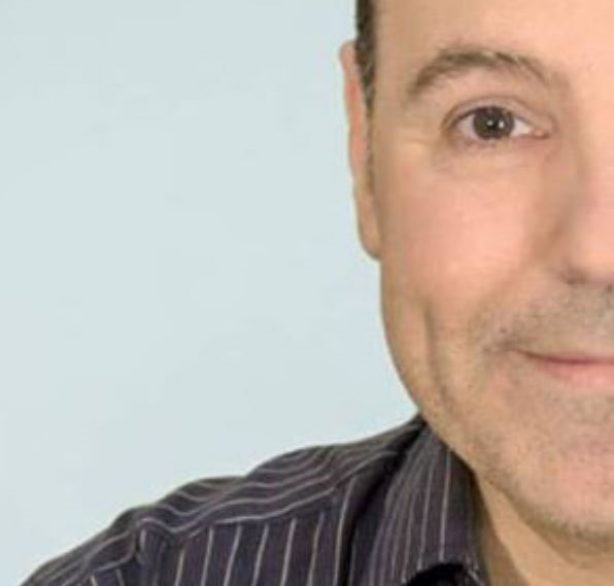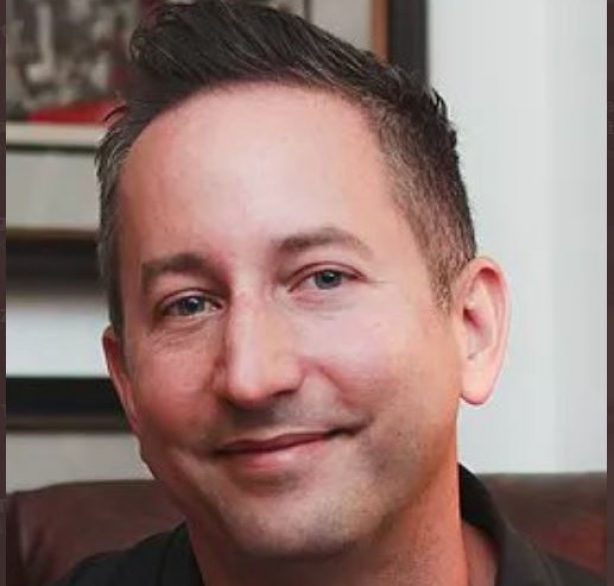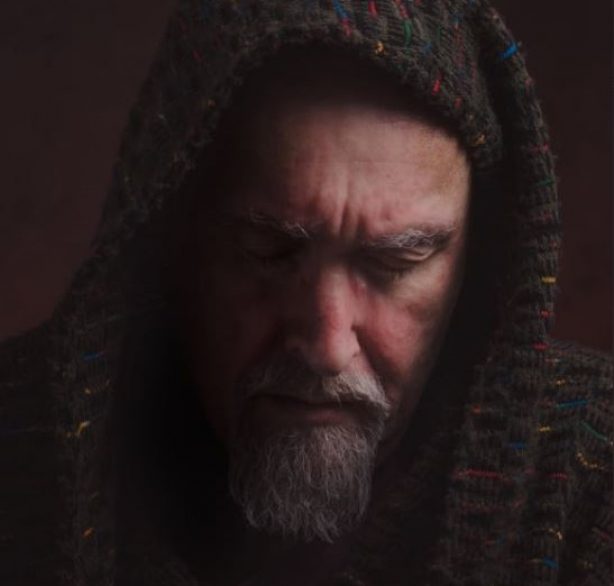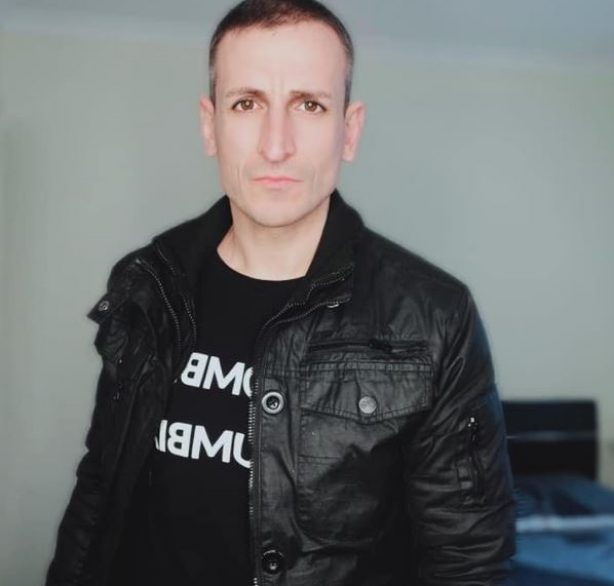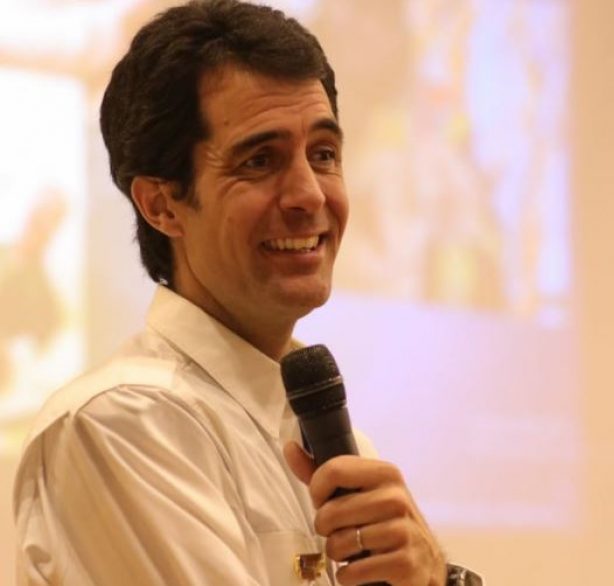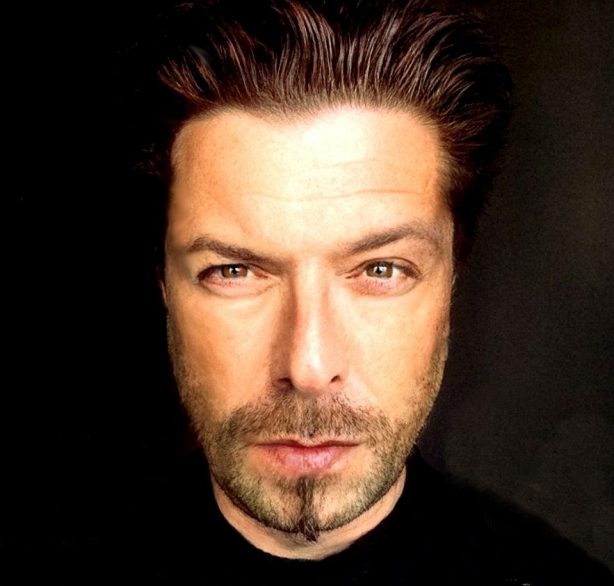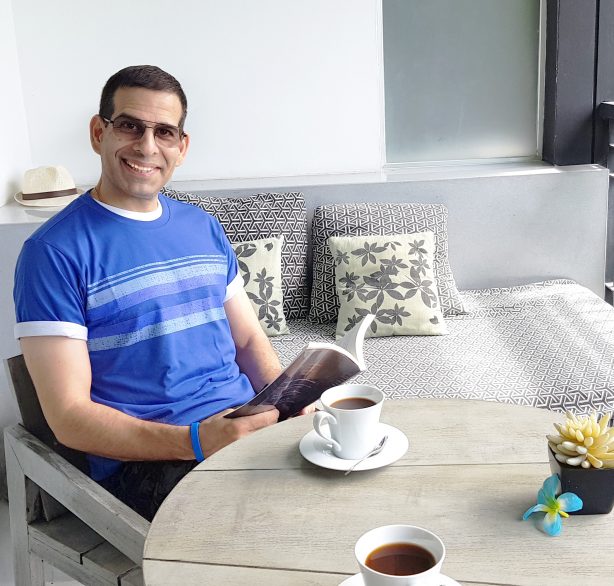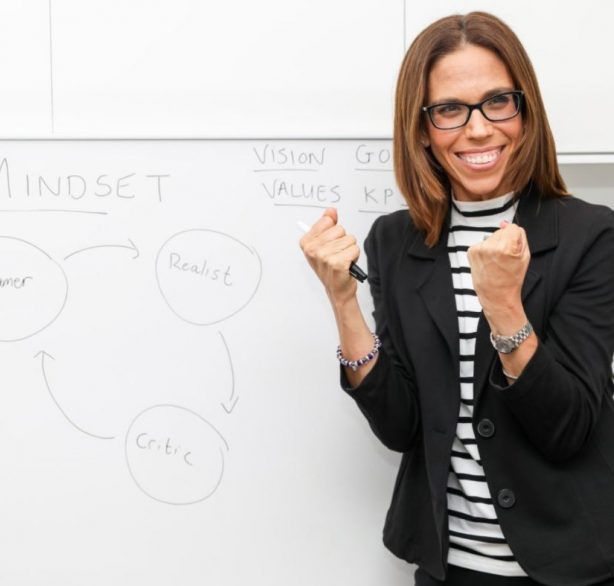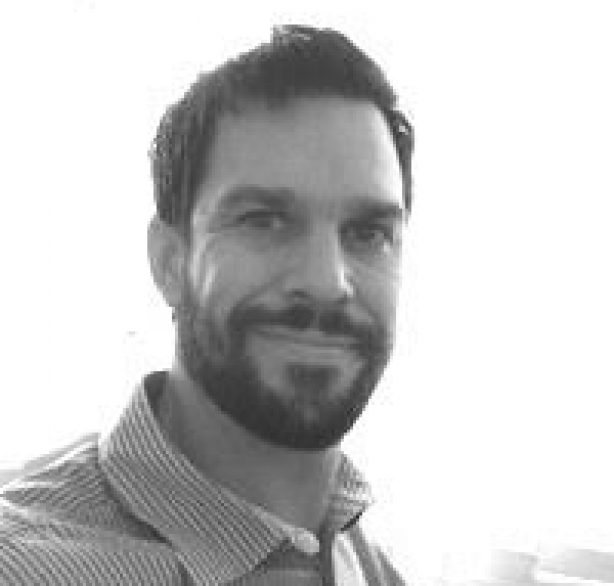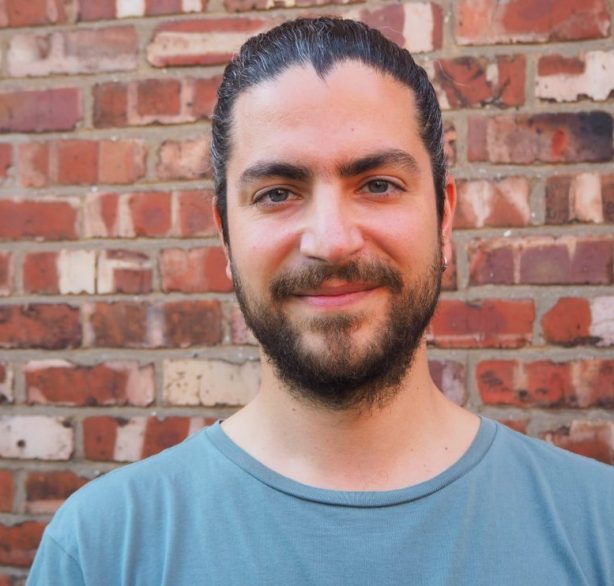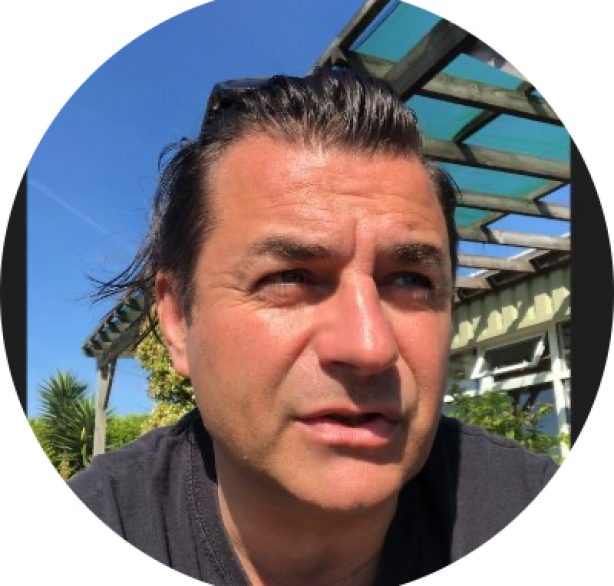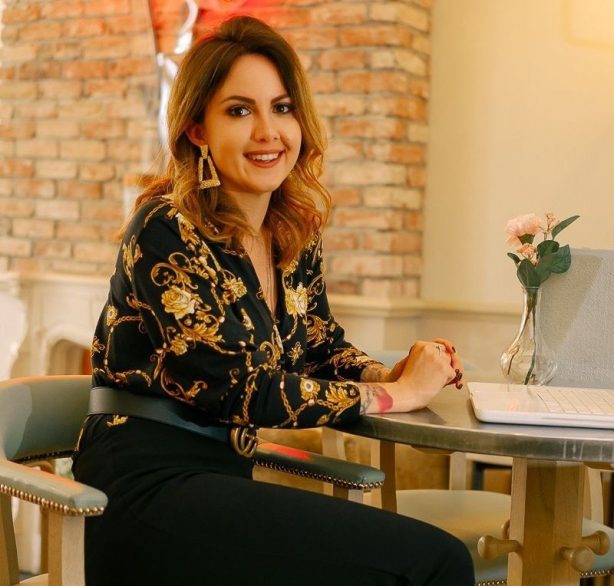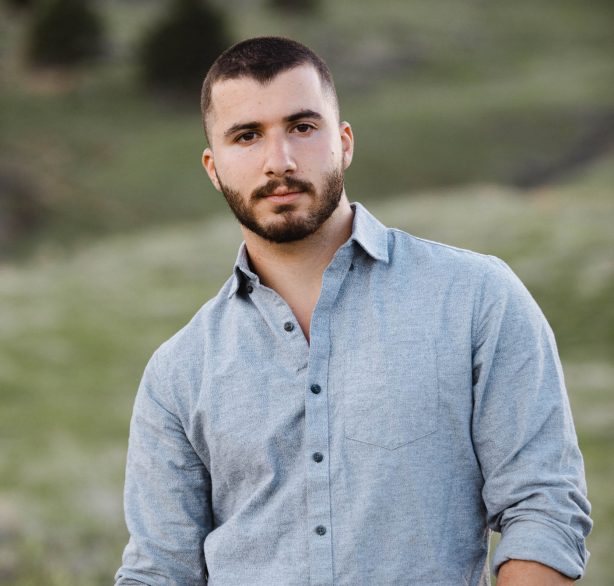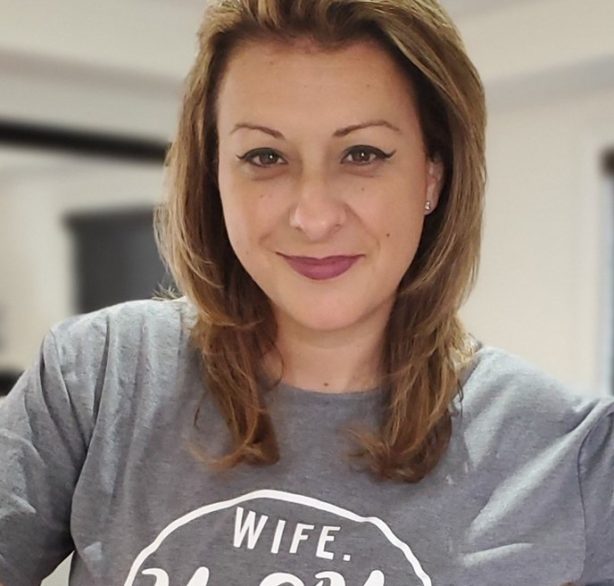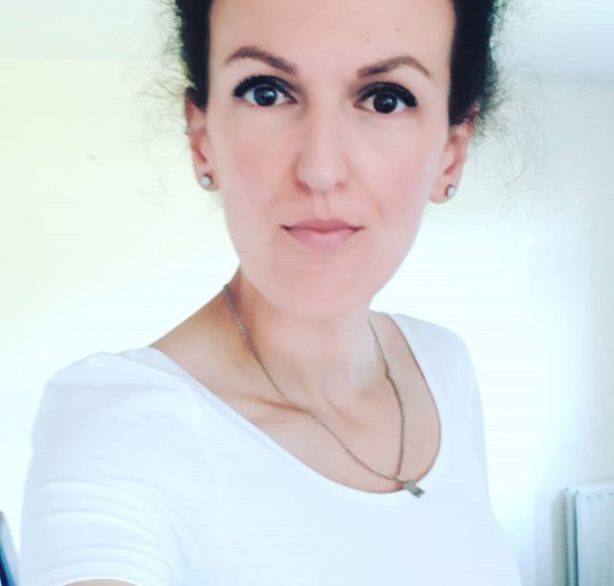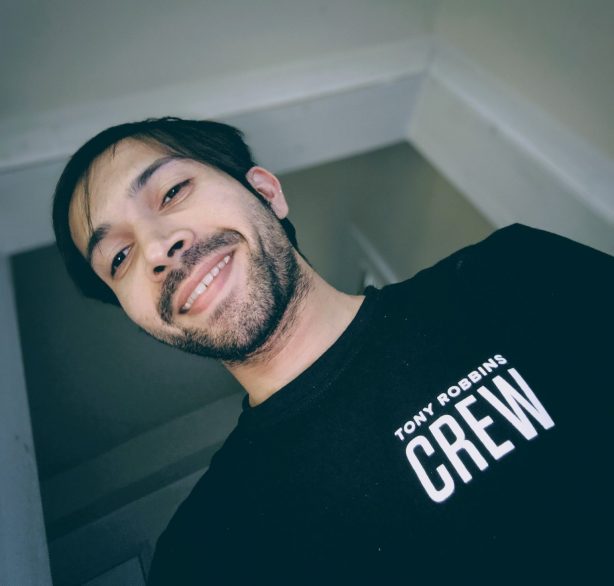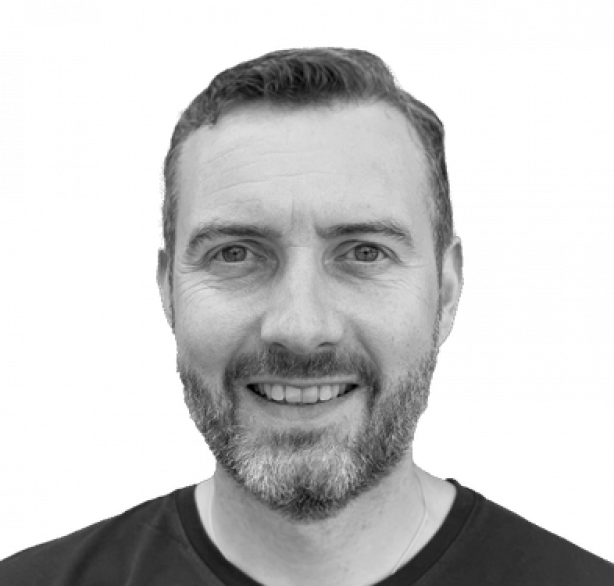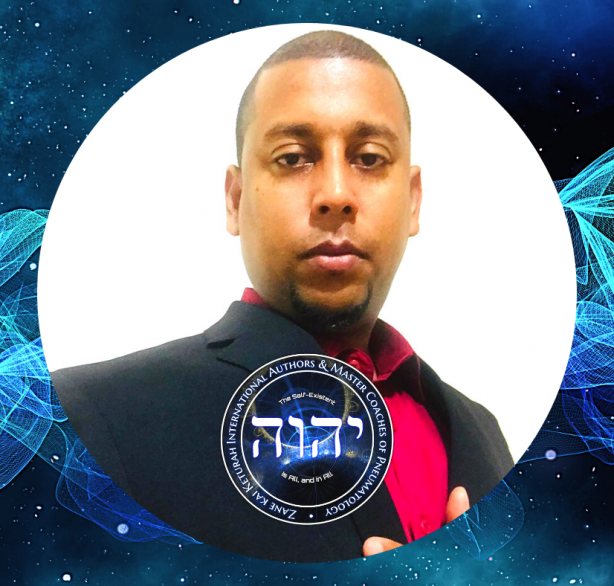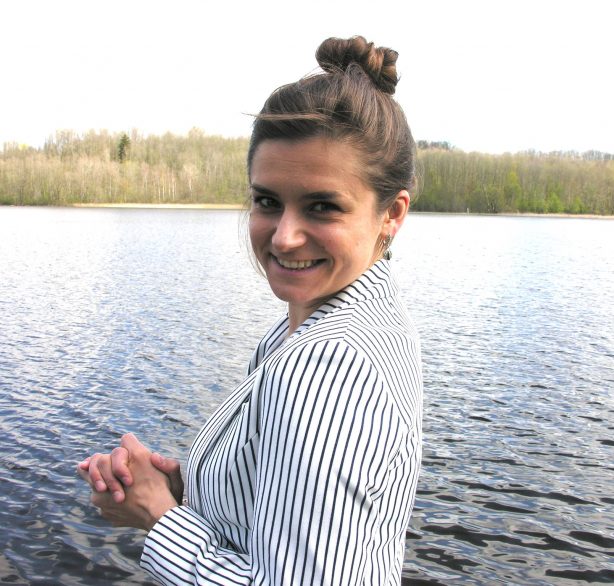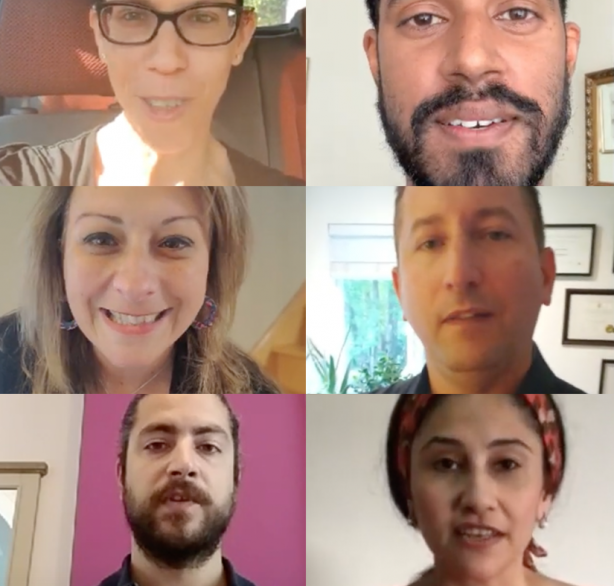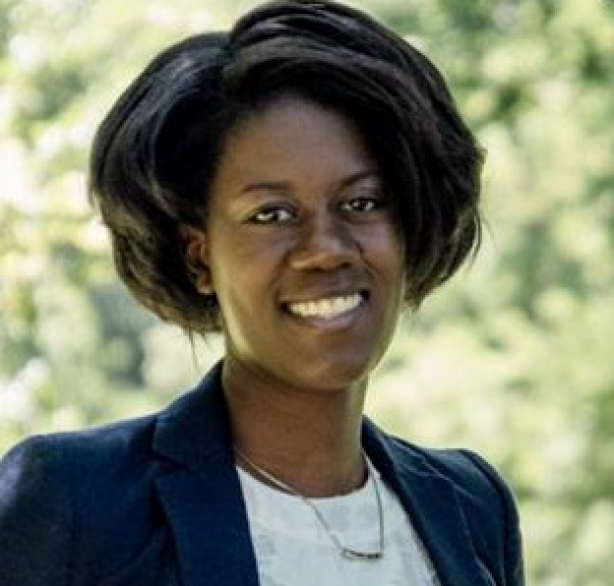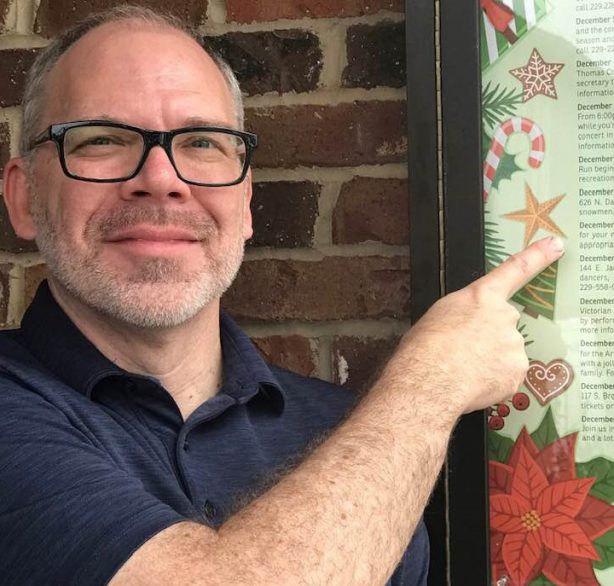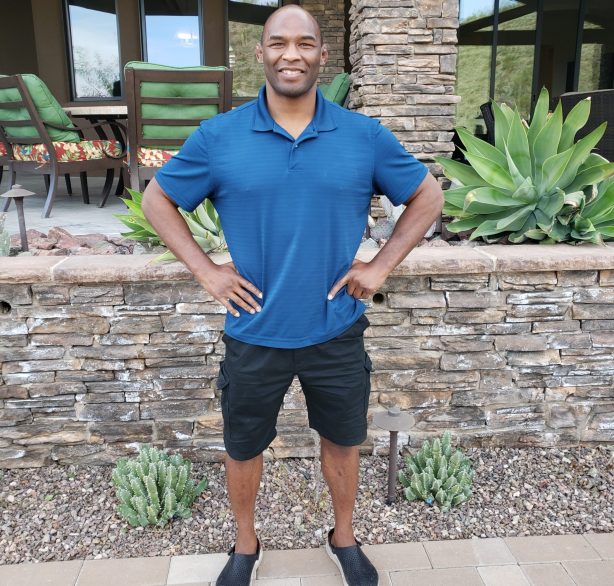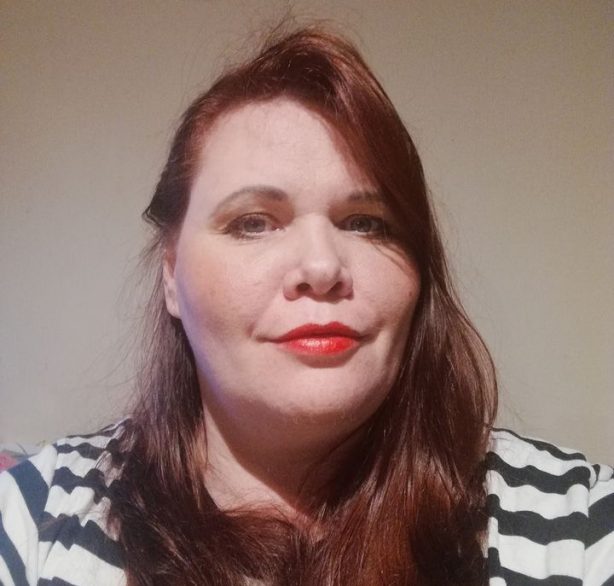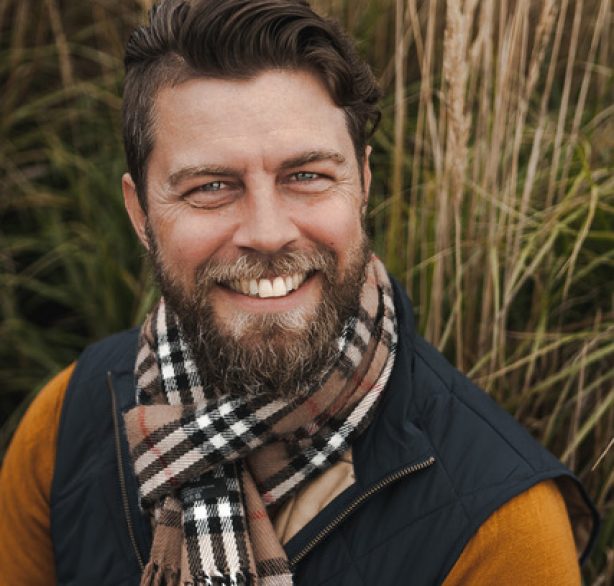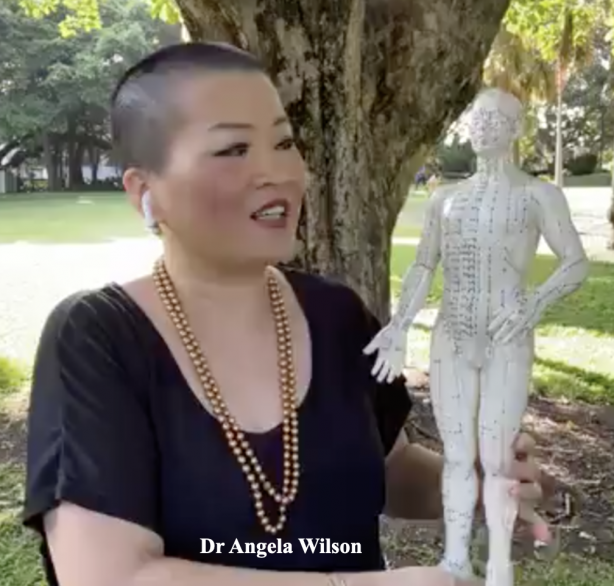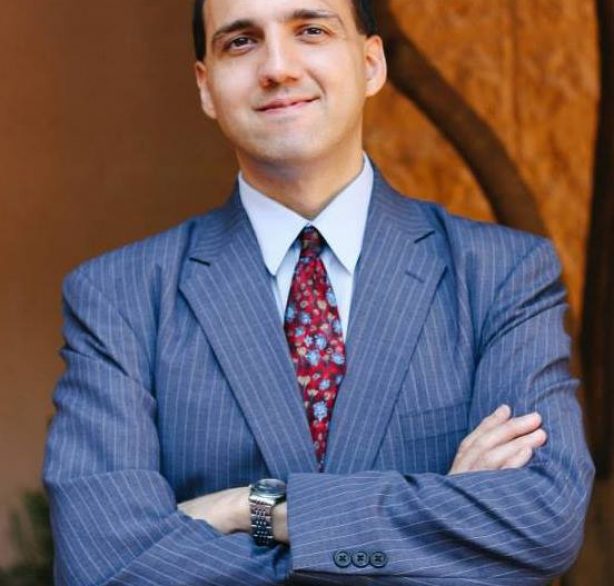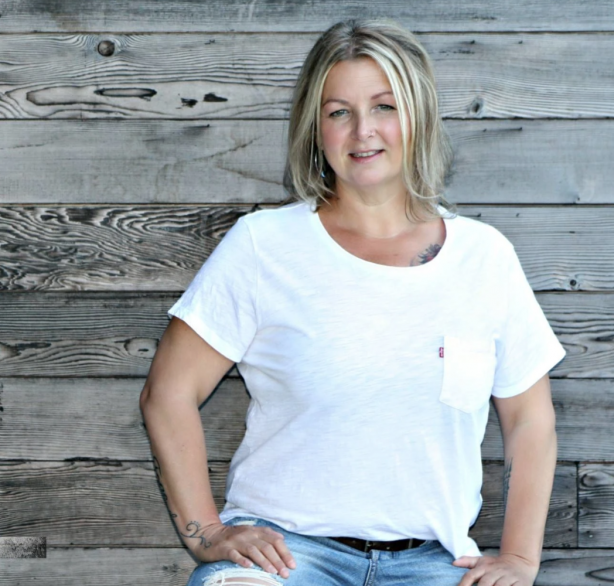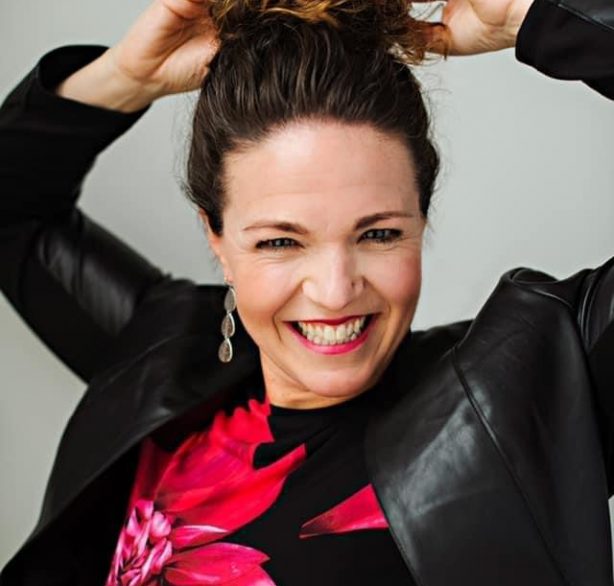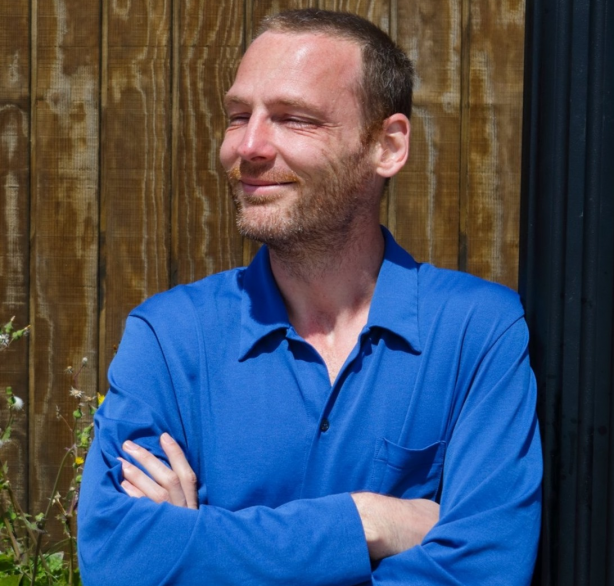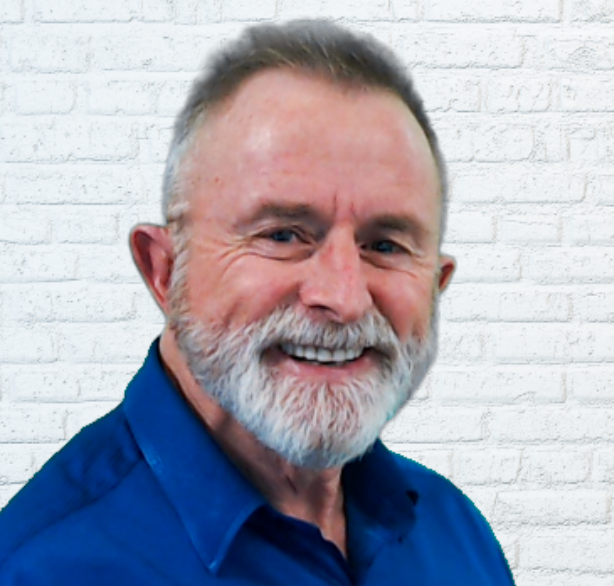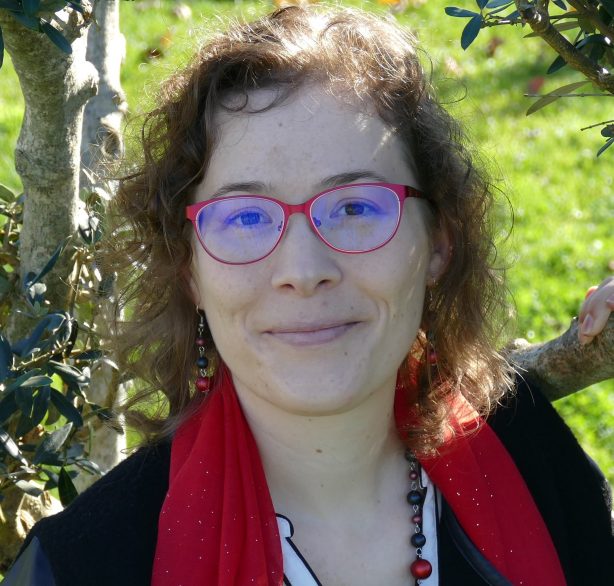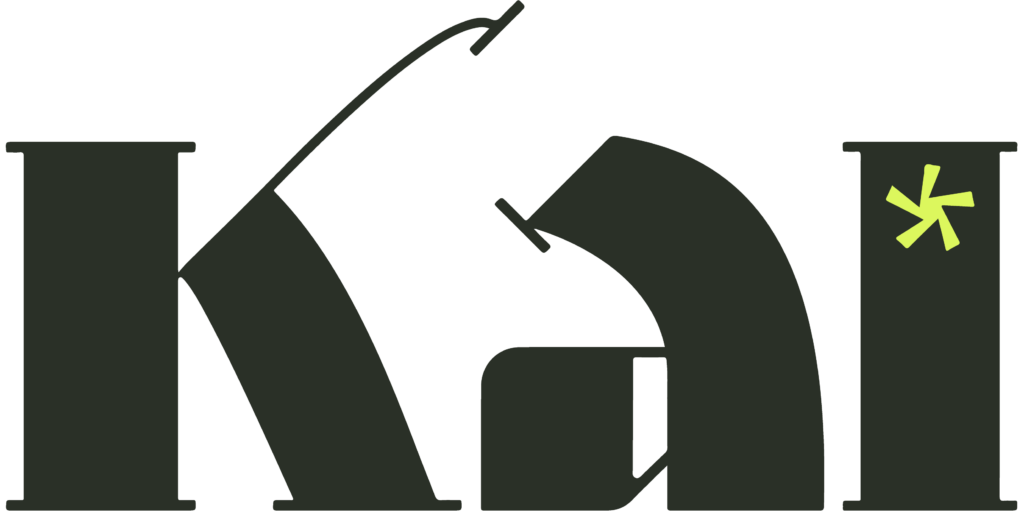Watch the full and inspiring interview with Diego
If you prefer reading, here is the transcribed interview
Ziv: Hey, I’m Ziv Shalev, and this is “On the Journey”. Every week “On the Journey” explores the intersection of wellness spirituality, inquiry, mental health, personal growth and purposeful living through the eyes of the people we interview. To begin, I’d love to hear a little about your spiritual background growing up and how this is evolved in your life to this day?
Diego: Ok, Hello. But I will not just go back to my background and my colleagues life experience. I grew up in Venice, Italy. So forgive me for my macaroni accent. I will try to regulate it. I had the average upbringing. I grew up in a not very actively Catholic family, but at the same Catholic values, like it’s pretty common in Italy.
And I went to the university. I did political science, which is economy, sociology and philosophy and a little bit of psychology. I was not quite happy with it because I soon enough realized how heavily ideological the approach was and I actually was struggling with that. I started to think about that this is not quite right, it’s not what it should be.
And then after a few years I got a job and I had my own business, but I kept on. They’re full of thinking that in my mind, at the certain point I decided to really start with something. And that was over 10 years ago for some of the project that is called the EOF Project, and the EOF stands for the “End Of Fear”.
But there was no longer happy with the title, the name of the project, because I soon enough recognized how it created a lot of misinterpretations and understandings by end of year. I do not refer to the what I will call it, a natural fear, which we need, but you know that our instincts to protect ourselves, because maybe there is a practice that is applied over the past week.
I’m talking about primarily, actually mainly irrational fear. We develop and our society develops, and then we come to believe, and which I think that if we provide the people actually needing an understanding of how to rationalize out of irrational fears, we will definitely an enormous betterment in our psychology and in our society as well, particularly in the field of mental disorders or even mental illness, actually.
So this is fundamental in a nutshell, what the story of my, not the story of my life, about the story of how I came to develop this project. And we did. Will this affect what they do in part of this country? Yes. I don’t like the term Katrina. I prefer the term training. Much more appealing. I also work with institutions, I work with universities, I do conferences and conferences too.
To convey the same approach to proposing the same approach I have and want to finish this, somebody I’m currently working on developing some programs that are aimed at refining people fundamentally using a methodology that I will call it in a very simplistic form, I will call it a mix between applying and critical thinking, what is known as metacognition. That is this is the comprehension of the way we think and what is known as memetics.
That is the study of means like beliefs, [unintelligible] and the first person that coined the term memes was the evolutionary biologist Richard Dawkins, and he created a very interesting theory, the theory of memetics, which personally speaking, I don’t believe we can call it a science but is definitely a wonderful discriminatory framework of analysis, to understand things, to understand why we have certain beliefs and how the beliefs managed to replicate themselves successfully and eventually causing problems in many cases. This is fundamentally not summary.
Ziv: That’s a very thorough summary. And I would love to understand like let’s start from the basics. It sounds like you’re helping people with understanding or thinking about the things that they are not thinking rationally.
Diego: Yep, in a very concise way, yes.
Ziv: So it’s using a certain way of thinking to help with other way of thinking, right?
Diego: Yes. For instance, why do we think the way we think? And most people don’t really pay much attention on the fact that we all have been conditioned inevitably by our nature, our biology conditions us, and we are limited by the nature of our biology.
You know, humans are biologically wired to be fallacious and fallible. We are fundamentally an irrational species and particularly at why I say most people would pay attention to why and how they are conditioned by all sorts of things like the cultural upbringing, they tried where they grew up, but this time, the system of values, the system of agreeableness, the country, the nation.
Their life experiences, the books they’ve read, the shows they watch, and everything is conditioned. So my approach is to see this in just a line. That is somehow complex. Can we think about the way we think without using the same thinking that created that thinking.
So, for example, if I am ideological like hopefully not extreme with my ideology. Well, I was not born with my ideology, was not in my genes, I acquired that because of plenty of reasons. So what are those reasons that could manage to make a mind to think about that and adhere to that and adopt that? But most importantly, can I think about my ideological thinking without using as a cognitive self-help, the same way of thinking that has created the thinking?
Otherwise, I’m not going to understand anything. So what I usually apply is, again, in a nutshell, is something that is called the primary principle thinking, which is very similar to physics as a framework of thinking. So what I mean by this is, boiling down to the bottom truths assuming there are truths, but we find out the truth or what they will call it, the battle of the premises behind our thinking.
From there, we raised it all up and we understand what are their actions, what is a rational and what is rubbish, what is garbage, what we don’t really need, it’s very counterintuitive, but it’s not impossible.
And now the problem is that most people don’t quite like this
Because we all like to protect our beliefs, whatever they are because they gave us a sense of identity Share on Xand they also satisfy somehow the primary need that we all look (unintelligible) which is the need to feel safe. That is what the brain wants, because the brain doesn’t feel safe, if the brain doesn’t feel safe or cannot operate properly, (unintelligible).
The problem is that what we think is safe to us is not necessarily true and it doesn’t necessarily match in reality. Share on XBecause maybe it is based on some illusion. This year, particularly with the pandemic we saw sky rocketing of conspiracy theories, for example.
There’s a reason behind that, the collective behavior and personal behavior is fundamentally working just the same. People want to feel safe. They want they don’t feel safe because the future is uncertain. And when they want to feel safe, they take the shortcut. So instead of really reasoning, what can I do with my condition, my anger, they take the shortcut it’s usually about the most predictable of the human reactions, which is denial, blaming and believing, and we know how the story actually goes.
So I understand that again we want to feel safe. But it causes all sorts of troubles. And I think very likely also an increase of mental disorder.
Ziv: So Diego, in theory, it sounds like I can maybe imagine it although it sounds a bit complicated. Can you give us a specific case or an example from maybe one of your coaching sessions where someone came with a certain way of thinking? It came from a certain life experience and then how you help to recognize it and to change?
Diego: Yeah, I can provide you an example. Of course I cannot make any names, but the person started the what I like to call it training, but officially it’s called coaching, a few years ago, I think many people started this several years ago, actually, and is still there and some people of course.
This person had a problem with an imagination for the mentally and was not mentally ill, of course. I don’t deal with people that have mental illness because I’m not qualified for it. When I have people with mental illness I redirect those people to professional psychologist and also (unintelligible) which I also work with. This person went into what you would probably know as New Age Movement.
So that moment of spirituality and which is very often combined with the conspiracy theories and it’s mainly about the most crazy ideas that this person suffered a deterioration of their psychological state of mind and (unintelligible), so full of troubles. And there’s actually several people that came to me and said they had the same problem.
These people and this person wanted to understand what was true in those ideas and what was not true, but to my viewpoint, the approach that I want to take on people like that, I’m not in the condition to say what is true or what is not. Because I don’t have the universal knowledge, but that is not relevant, by the way.
So the first step is that I do have to somehow talk their language, not English or whatever, but the archetypes they are using in order to create a bond. Because otherwise, if I say all of the stuff you believe is rubbish, well, it’s not the good way to create a (unintelligible), of course, it’s actually the best way to make the person disappear.
So I do have to talk their language in a way that aimed at staying away from believing. Believing is a big problem because it’s a distraction to our psychology. It prevents affection. And it is fundamentally what they call mono-logical, so it is one-way thinking and very binary, “I believe that and therefore that is true.”
So fundamentally, what I do also be this person in this case, I explain to them what memes are in terms of ideas, not the internet memes and what they do in our mind. And often they actually work like viruses of the mind or parasites, if you like. I think is a good way in a very graphic way, to comprehend an idea that causes confusion is fundamentally a (unintelligible).
It’s like a file we keep alive that we feel in our mind. So by doing that, I can easily dissociate between how the person thinks and the ideas that that person carries. The person at the beginning is not really quite aware of it, because the person is listening to my approach and the person is not quite aware and therefore the person doesn’t feel that I am at the time trying to demolish those beliefs.
Because that is not my intention anyway. What I want is I want those people to disassociate themselves from the beliefs that are not based on valid practices and to dismantle them themselves. I cannot do that for them.
So fundamentally, this is what happened and that took, initially took several months, actually about a year. Usually people I work with, they do the coaching for at least a year. Because it is a good time frame to exercise their conviction, our convictions, and to produce some rational results, and I don’t think that something can be done. We’ve been like four, eight, even 10 sessions and I don’t think it’s possible.
So fundamentally, what happened in that case, the person was progressively understood how to separate their own thinking, the very activity of thinking from the activity forming thought patterns and ideas. And that is absolutely beneficial because it’s true and this is a big part of my approach,
The act of thinking is one cognitive operation of the mind and the act of forming thought processes or the ideas and opinions is another one. They are not the same. Share on XAnd to make your point, actually, most people do not really want to think. They actually speak to thought processes, ideas and opinions and different memories that has been there for a while, but it is not really an act of thinking that supervises and analyzes the stream of thought processes and all of that.
Ziv: I’m sorry, I want to understand. So, do you mean that we had something like memories or all kinds of beliefs and then when you say we don’t think about them in a way that we don’t reflect about them, we don’t analyze them, we just let them be and take them as a fact? And when you say to think about it, it means to just observe them and try to understand them in a deeper way?
Diego: Yeah. Fundamentally, our thought processes, our ideas, our opinions, our memories, imagine that if you picture that as a network of files, who is observing the network, is that an observer or a thinker?
Are we manually playing around in that network? In order to understand a library, you have two choices. You are in the library and you struggle around the finding and memorizing all the parts or you observe the library from a book.
So you have a better understanding that in this case, there is an observer there, which is what they call an actual thinker that observes without verbalizing, without naming, observe the networks, and now the network works, which is, by the way, is not based on judgment, it is based on observation. And then we come up with theories and we want to find out if the theories are accurate and if they are not, we move on with better theories.
So, for example, a methodology used in science, the scientific method is that it is not about that we have a theory and we want to find out elements capable of validating our theory is not about that, not anymore, at least. It is about we have a theory and we want to find out at least a single element or premise capable of disproving our theory.
Which is a very counterintuitive but is very important because it is about minimizing time we invest in theories. So if I had a scientific theory, I really want to find out at least a single element capable of disproving my theory so that I can move on with a better theory. But if I think in terms of “this my theory, I have been developing that theory for the last five years.” Well, then I’m psychologically interfacing myself with that theory.
And that is no longer a scientific study, it is more ideological.
Ziv: We are approaching to the end of the interview. And I want to try and understand maybe the last question. And it’s a really, really good example to and how science works.
So when you talk about the thinker, the one that observes and in one way we really, really try to protect our beliefs and the way of thinking like it’s crucial for most of us to be very, very protective, because otherwise it’s horrible to discover that our beliefs, the way of thinking wasn’t optimal or wasn’t right. We really want to protect it.
And then there is this observer that can observe it and discover that we were maybe wrong or maybe it was built on something that is not the best thing for us. So how do you separate, how can you when in one way observe and in another way you don’t get sucked into the thought itself that just wants to protect its survival because it’s so frightening to let go.
Diego: Well, it’s a difficult question, but I know to answer the question, but it will take another probably 24 hours or so. I will try to synthesize that in a graphic form because, you know, visual countenance are more impacting than written countenance.
This is what I usually do. I will ask the people.
Why are you afraid of acknowledging that your beliefs are not quite right? Because you're not going to die. It's not a matter of life or death. You are going to live, no problem. So why are you so afraid, where does that fear come from? And what… Share on XBut then I propose that, OK, what you really want is to connect it with your sense of identity. Do you want your sense of identity connected to a belief or do you want your sense of identity connected with the thinker, which is what you’re supposed to be?
So the thinker is supposed to be alive and active, the psychological agent that explores everything and not to constantly in a serious way, we need that humor, we need and we need the distraction, but is the supervisor that really administers the mind.
And from a neurological viewpoint, because our identities and our beliefs are based on dopamine. If she’s not feeling safe, feeling happy and what they call the thinker or the observer is based on serotonin, the serotonin level. So long story short, what I ask people, is that what you really want, particularly with your relationship with believes do you want the confidence or do you want to build a psychological competence are two different things.
Well, if we want to mainly cling to confidence, which is what most people like to do, well, it’s nice, but then we are going through some troubles, you know, confusion and contradiction, It means that we train ourselves to build the psychological competence so we become able to administer the way we did. And then very likely confidence will come into being spontaneously.
This stuff, by the way, it should be a matter of studying education, which is what I’m trying to do right now, actually, and working with some psychologists, psychiatrists and policymakers and educators, trying to produce some thinking model. And I think in my little time to be proposed in some educational institutions that will be launched actually next year.
So fundamentally, in a nutshell, psychological confidence or psychological competence?
Ziv: Confidence versus competence. It’s really interesting.
Thank you so much for this is deep complicated, mind blowing, interesting and provoking interview. Thank you very much.
Diego: Thank you, too.
Who are you?
DIEGO FONTANIVE, FOUNDER OF EOF PROJECT
Diego Fontanive, born in Venice, Italy 1973, is a tutor, writer, and speaker focusing on various fields including Metacognition, Applied Critical Thinking, Multilogicality, cognitive approaches to AI development, Memetics and Metamemetic Thinking. He has a background in Political Science, Sociology, Critical Thinking and Philosophy.
His main focus is in applying multilogicality to topics such as ideologies, dogmatic thinking, biases in cognition and unquestioned common sense which reduce our ability to think clearly, therefore often resulting in irrational psychological and psycho-social suffering including mental health issues, conflicts and polarization.
He proposes innovative programs for education & personal development based on a combination of approaches such as critical thinking, memetics, metamemetics, metacognition, multilogicality and high order thinking. The name of this methodology is ”Critical Intelligence”.
He has written numerous articles / abstracts / speeches / lectures for the Psychological, Philosophical & Social Science community, analogous sociological institutions, social science / philosophy conferences & congresses and the U.N. as well.
DISCOVER MORE ABOUT DIEGO ON HIS WEBSITE, FACEBOOK, LINKEDIN, OR YOUTUBE



